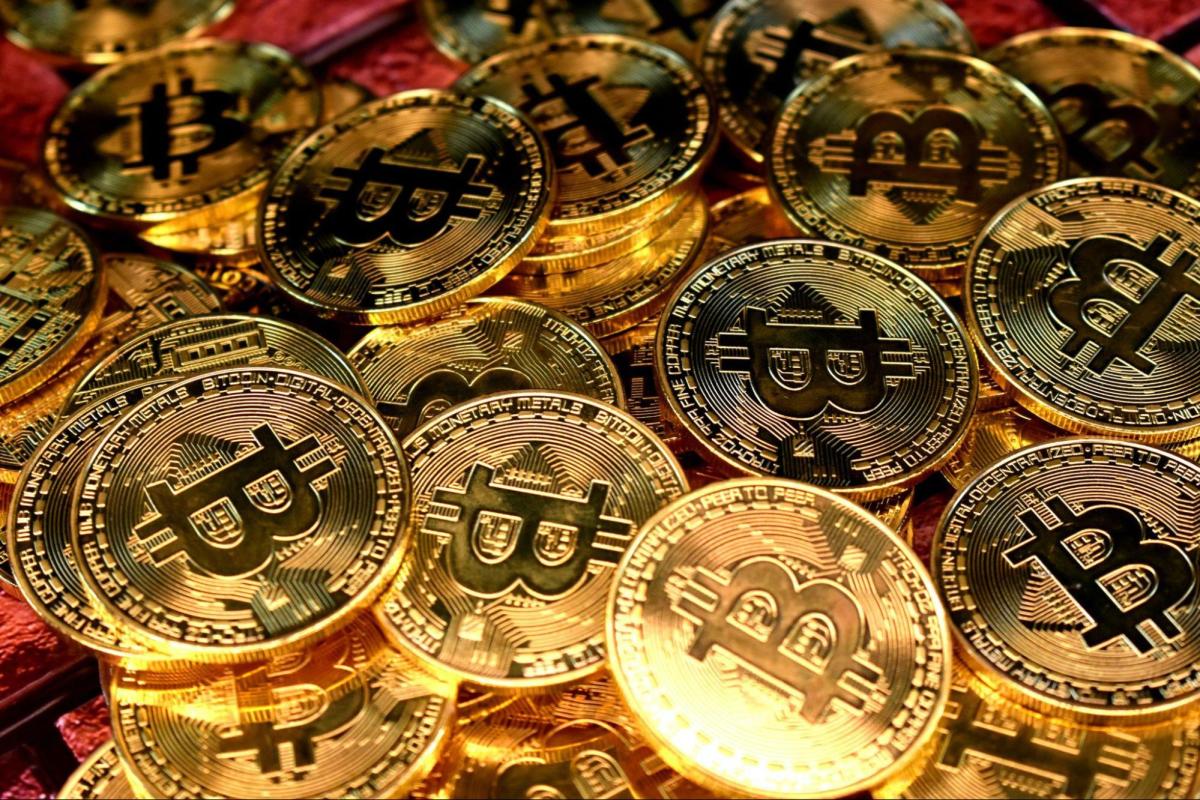2018-10-30 23:32 |
China has been expanding its investments all over the world. From Africa to Latin America and Asia. But in Europe, it has also started to place funds and help develop some countries.
Joe Wallen, Contributor for Forbes Europe, wrote an article in which he analyses the Chinese influence in Europe, specifically in Lithuania.
He starts his article by saying that Prague featured as the venue for an important China Investment Forum. The event featured guests from Czechia and other Central and Eastern European countries. At the event, they discussed possible investment possibilities in traditional industries such as energy, transportation and infrastructure. However, the fintech sector was one of the industries that dominated the agenda.
The Lithuanian delegation, which was led by a board member at the Bank of Lithuania, Marius Jurgilas, said that the country was open to receive Chinese fintech firms. At the same time, he mentioned that the country would work as a gateway between Central and Eastern Europe and the European Union (EU).
On the matter, he commented:
“We have already established close ties with Asian authorities regarding maintaining regulatory flexibility and are building bridges for fintech businesses in the region. Banks, electronic money and payment institutions can all gain easy access to Europe’s fast-paced payments market via infrastructure provided and maintained by the Bank of Lithuania.”
Wallen explains that collaboration between the Bank of Lithuania and China. Back in 2015, the European country signed a co-operation agreement with the China Banking Regulatory Commission. Since then, Lithuania issued four different electronic money institution licenses to Chinese companies.
Lithuania shows that it is establishing itself as a fintech hub in Europe. Wallen mentions that the Lithuania Fintech Report from 2017 shows that 117 fintech firms are operating in the country. Back in 2013, the number of companies registered in the country was only 45.
Furthermore, a report that was conducted by the firm Versli Lietuva, showed that there was an increase in ICO investment of 305% in the last 18 months. Of course, this could also be related to the fact that Initial Coin Offerings expanded all over the world at the end of 2017 and the beginning of 2018. Several companies, including Nasdaq, Western Union and Google are already investing in the country.
Additionally, according to the Index of Economic Freedom, Lithuania ranks in the tenth position in terms of economic freedom. In terms of competitiveness, the country ended in the 41st place.
Brexit has also represented an opportunity for Lithuania. The company Revolut decided to invest in the Baltic country in order to continue operating in the European Union.
According to Jurgilas, the country will not be attracting top firms from the fin-tech hub of the world (London). However, there is an important flow of firms that want to hedge the risk of Brexit.
As the author of the article explained, the increasing number of companies operating in Lithuania can also be related to the fact that there is a favourable regulatory environment in the country. The Bank of Lithuania created a regulatory sandbox that allows firms to innovate and solve errors before entering the market and affecting customers.
At the same time, fintech firms do not have regulatory sanctions during the first year of operation in the country. Additionally, it is possible to open an account in the Baltic country without being physically located there.
Another reason mentioned by Joe Wallen is related to the government policy. The government decided to introduce new laws and tax relief to benefit start-ups. The corporate tax rate, for example, is the third lowest in the European Union, while the personal income tax rate is the second lowest in the EU. Bank licenses can be acquired in just six months, five times less than in other countries in the European Union.
In addition to these things, there is also the human factor that plays an important role. Lithuania has a very tech-savvy workforce. There are 31,500 IT professionals in a country that has almost 3 million individuals. Additionally, the level of English languages is also very high.
Jared Isaacman, CEO of Harbortouch, commented about the country:
“After my first visit to Vilnius, I just felt the city is a small version of Silicon Valley and this was absolutely unexpected. The city, its infrastructure, the prevalence of technology made an impression on me.”
Harbortouch is a company that builds point-of-sale (PoS) systems and has opened an office in Vilnius.
Similar to Notcoin - Blum - Airdrops In 2024
Influence Chain (INC) на Currencies.ru
|
|



